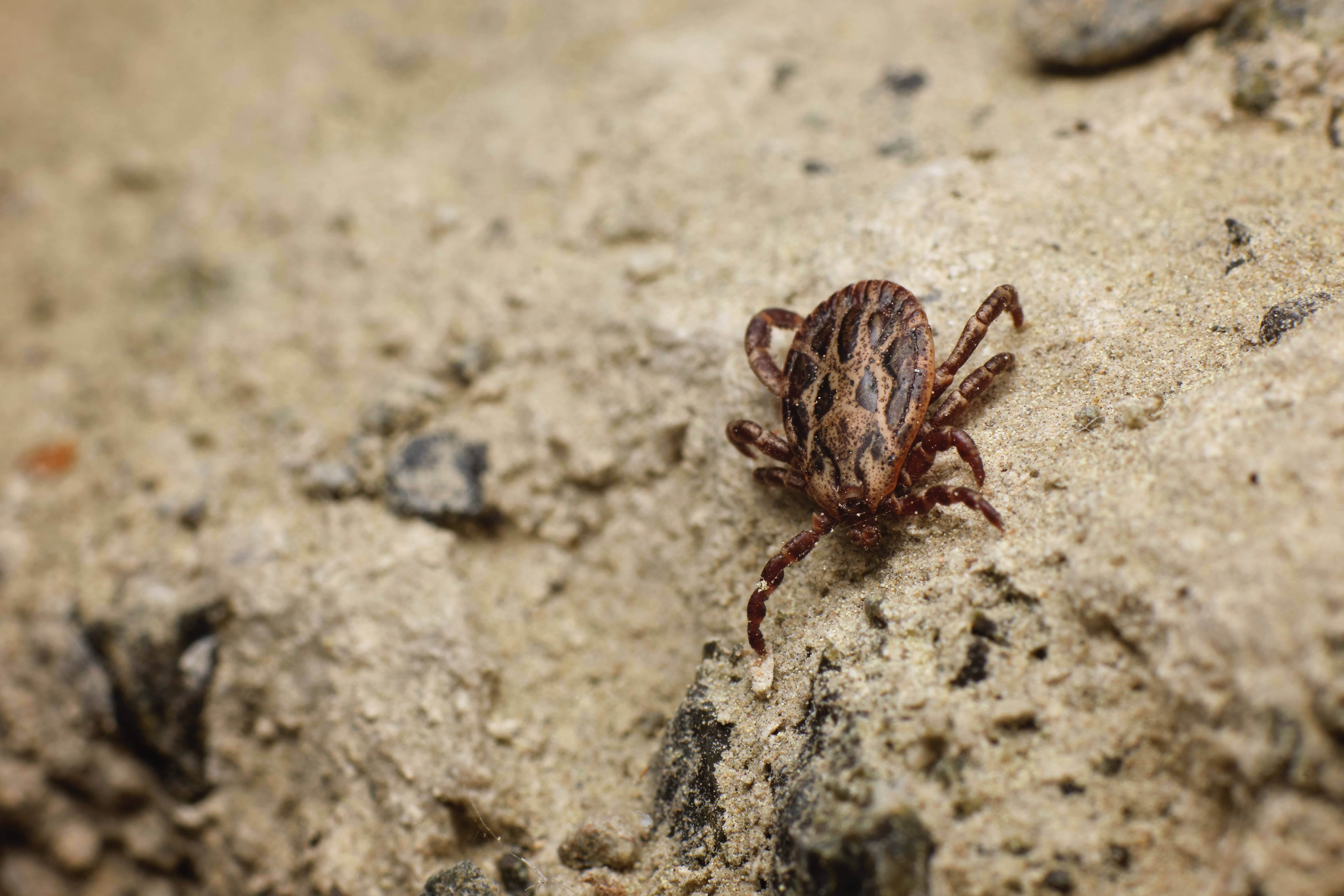There are many ways of how we can get rid of ticks from our clothes, skin, or home. And almost all of them (excluding essential oils only) are chemicals.
However, when it comes to basic precautionary anti-tick measures, people often start wondering: do ticks die in water?
Since they belong to the arachnids family, perhaps they are the same good swimmers as their relatives, spiders? And if they are, how do we destroy these blood-sucking creatures if not drowning them?
We have tried to answer these and several other questions as detailed as possible.
Can Ticks Swim In Water?
Can ticks survive a swim? Honestly speaking, they can even though ticks are not physically able to swim (unlike spiders, for instance). And now all of you felt a great disappointment, we believe! Most of us tend to believe that water kills ticks immediately, this is actually why people keep on flushing these parasites down the drain hoping it will make them die.
However, ticks are not as fragile and vulnerable as you might think of them. Despite their tiny size and seeming fragility, these relatives of spiders are very tenacious! For example, even though they can’t swim, they can easily stay alive underwater for two or three days once they are attached to your skin.
So even if you go swimming either to the swimming pool or to the seaside, these critters will stay with you no matter what.
Many people wonder: can I flush a tick down the toilet? You can try, of course, but keep in mind that it will not kill the pests at once. They can easily survive in the pipes.
Yes, ticks are not created for swimming. They have way too short legs that are not long enough in comparison to their almost round and fat bodies. It does not allow these parasites to swim properly making ticks rather helpless in water, but definitely not defenseless.
Nevertheless, it does not mean that swimming will be useless when trying to get rid of these bloodsuckers.
- Swimming will help you to eliminate ticks faster and easier.
- Water may indeed wash the parasites off but only in case they have not started to borrow yet.
So even if ticks are able to survive underwater for days, immersing yourself in a pool or a sea will definitely be helpful anyway if your goal is to get rid of these creatures.
Will a Tick Survive In a Bath?
Another frequent question that is asked again and again is whether a tick will survive if it ends up in a bathtub. Well, since water is not the best friend for a tick, the parasite will not be feeling comfortable in such conditions.
However, due to the specifics of its body build, a tick will be able to stay underwater for several days!
If you catch a tick and place it into a cup of water, you will see that the bloodsucking arachnid will be wandering around under the surface of water until it finds the way out or eventually dies.
For this very reason, a bathtub can hardly be called a tick’s greatest life threat! However, if the pest ends up in a bath filled with hot water, it may work! Ticks can’t stand high temperatures, this is why it is advised to put the infested clothes and items into a tumble dryer set to the highest heat and launder the garments in the hottest water possible.
The only problem you may face is the temperature. See, ticks will only die in water that is hotter than 130 degrees. Since most bathtubs are only able to heat water to 104 degrees or so, it will not be enough to kill the parasite.

Can Ticks Survive In Pool Water?
Another option that folks see as the possible way of killing ticks is the water we use in swimming pools. The logic is simple here: since this water contains chlorine, the chemical will definitely kill the pest. But it is not that simple!
No matter what you treat your pool water with (chlorine, bromine, or salt), none of these products will be strong enough to cope with the tiny bloodsucker. Especially if it has already been attached to your skin and borrowed.
Besides, ticks can stay alive underwater for two or three days, remember that.
The only good that taking a swim in a pool can do when it comes to fighting ticks is that you will be able to spot the pest easier when taking a shower after the swim or putting on your swimming suit.
How Do Ticks Survive Underwater?
This is the mystery that most people find insoluble. How can such tiny creatures that are not meant for swimming at all, and who live only on the ground, remain alive under the surface of water for several days?!
Yes, these parasites are terrestrials which means they live on the surface hiding in the tall grass along the paths in the woods and parks, and gardens. However, they can also easily remain alive if submerged under the water! And it is possible thanks to their special respiratory system.
It is called plastron and it allows ticks to absorb oxygen from water via a thin layer of air that is trapped by the special hairs that grow on the surface of a tick’s body. When being submerged and kept under the water, ticks breathe only a few times an hour. It means they don’t need that much oxygen to stay alive.
In addition, these parasites are able to hold tiny bubbles of air around their mouths and bodies which helps them to survive. All these “superpowers” help ticks stay alive for two and sometimes three days underwater.

So now you know that flushing ticks down the drain is not the guarantee of killing them. If you do need to destroy the pests, better opt for chemicals, such as permethrin. But the best solution will always be to avoid these bloodsuckers by all means.
Fortunately, it is pretty easy to do that!
[wp-faq-schema title=”Frequently Asked Questions”]

Can ticks live in water? My sister advised me to flush them down the drain if I want to get rid of ticks I caught. But I do suspect they will survive…
Does anyone know whether ticks are afraid of water?
Water will not help much. These beasts will easily survive in it for several days for sure. Unless you can keep them underwater that long, I’d recommend you kill them with chemicals.
Permethrin works best of them all!
I’m going for a three-days hiking tour, and we will be in the tick area. I’d like to swim in the lake there but I’m afraid of ticks. Do water ticks exist?
Does anyone know?
There is no such thing as a water tick! They can’t LIVE in water, they can only stay alive in it for a few days.
Do ticks die in water fast? Does it make sense to keep them underwater to kill?
Well, I think they can easily stay alive for three or four days. Not sure if it’s the good solution in case your goal is to get rid of them! I’d rather use some old-fashioned methods like permethrin or essential oils.